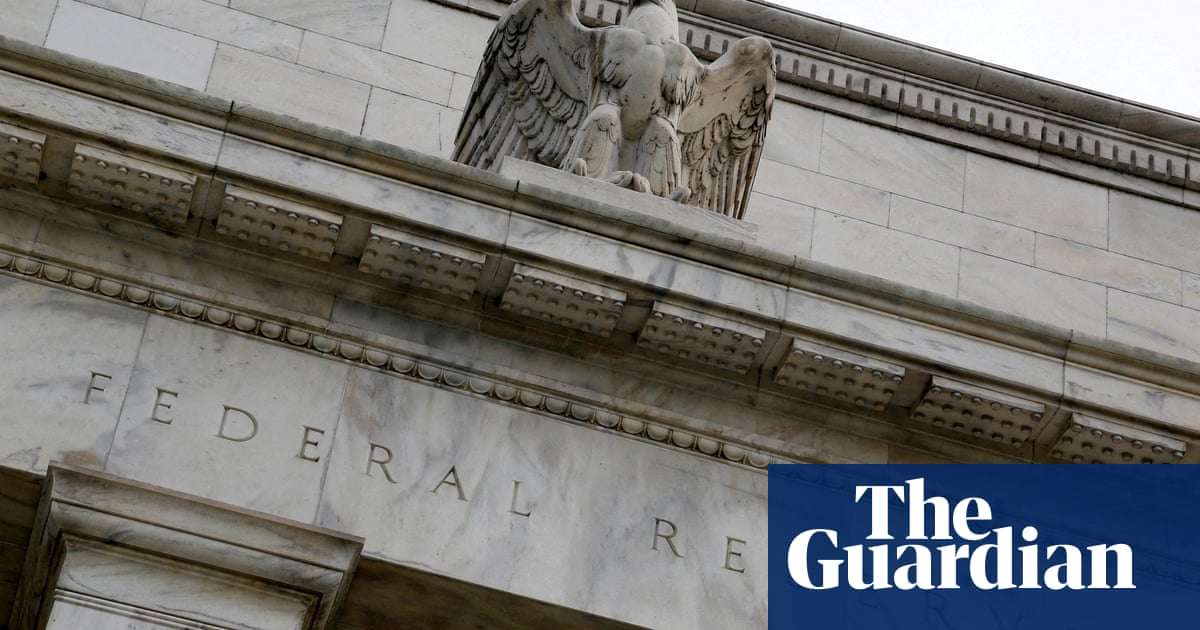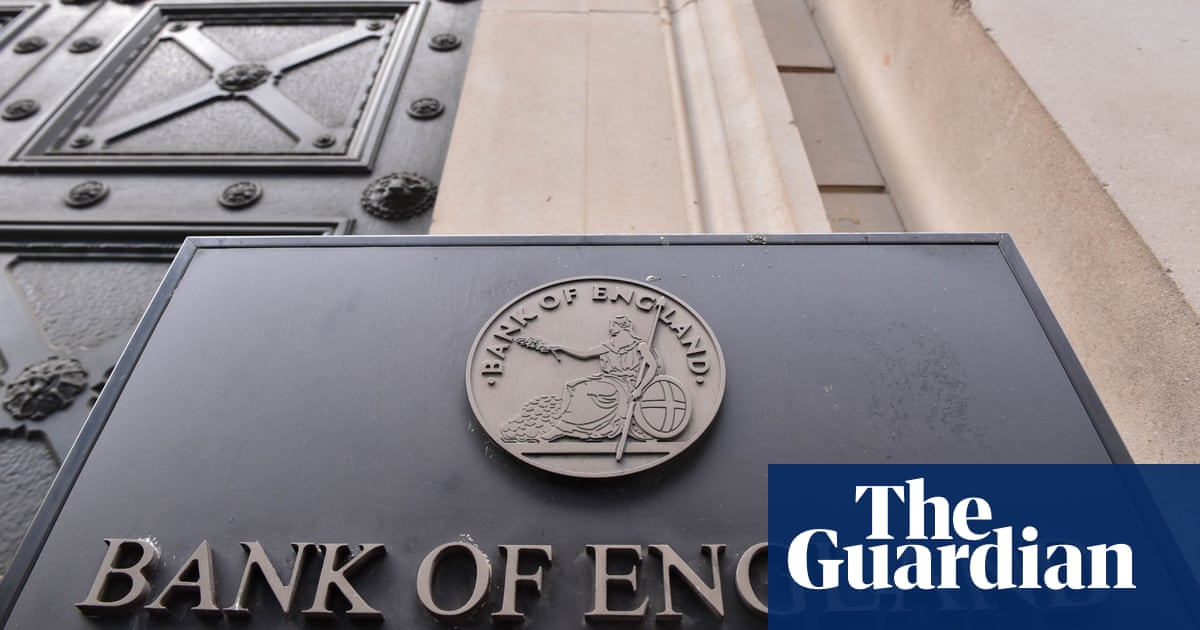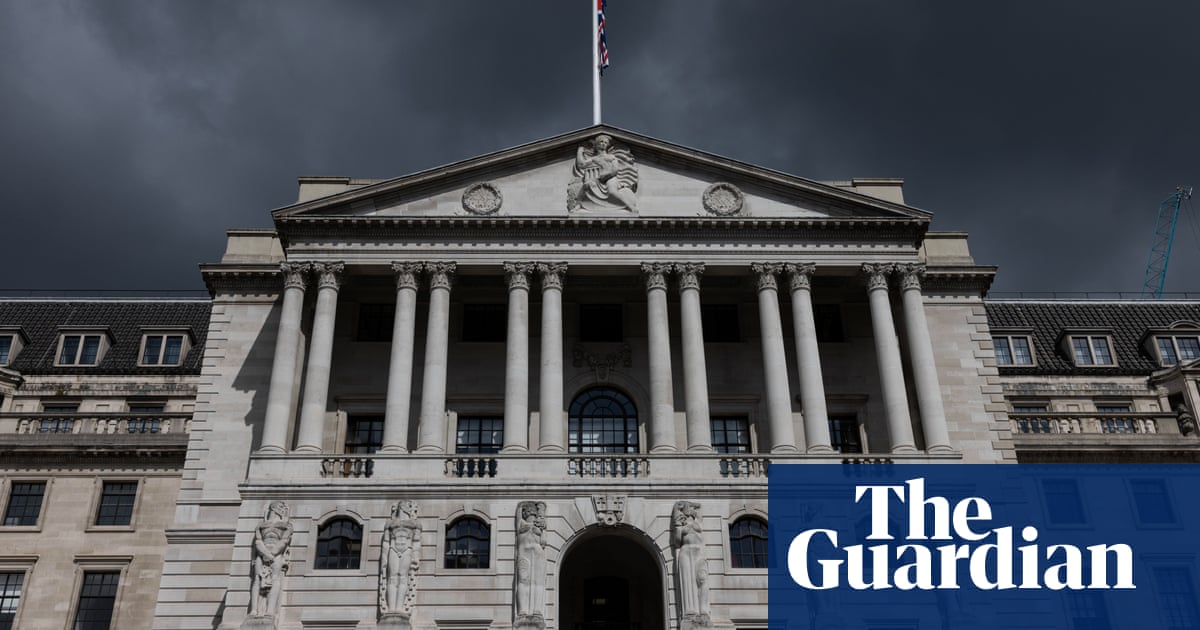
About 7,000 businesses are likely to fail every quarter in 2024 as high interest rates cause financial strain and the UK economy enters recession, according to a thinktank.
The Centre for Economics and Business Research said debt taken on during the pandemic, higher borrowing costs and the cost of living crisis would drive an increasing number of businesses under, particularly in the retail and hospitality sectors.
There were more than 6,700 business insolvencies in Britain in the second quarter of 2023, more than double in a typical quarter during the pandemic, when many businesses were largely protected from insolvency through a range of support measures. Insolvencies over the period were 50% higher than the same quarter pre-pandemic in 2019, Cebr said, and they averaged 4,100 on a quarterly basis between 2015 and 2019.
The Bank of England has raised interest rates 14 times since the end of 2021, from 0.1% to 5.25%, heaping pressure on indebted households and businesses. Cebr is forecasting two more rate rises in the current cycle, with Bank rate peaking at 5.75%. This means “the worst is yet to come in terms of borrowing costs, quite apart from the impact of fixed term loans made when interest rates were lower being rolled over at the new higher rates”, the thinktank said.
It added: “Looking ahead to the future, Cebr expects the rate of business insolvencies to remain high as interest rates continue to rise, pushing up debt repayments to unsustainable levels for some businesses.
“Our models suggest that there could be 7,000 insolvencies per quarter on average across 2024. Furthermore, Cebr is forecasting a recession in the UK, with two consecutive quarters of contraction in GDP in the fourth quarter of 2023 and first quarter of 2024.”
The thinktank said that with the economy in recession – defined as two consecutive quarters of contraction – the Bank could start to cut interest rates in an attempt to stimulate demand. However, the Bank has signalled that interest rates are likely to stay higher for longer as it fights high inflation, which at 6.8% is still more than three times higher than its official 2% target.
Last week Huw Pill, the Bank of England’s chief economist, said UK interest rates were likely to take a Table Mountain route – referring to the flat plateau above Cape Town – suggesting borrowing costs were unlikely to come down rapidly.
“There may be multiple paths that get you to where you want to be,” Pill said in a speech in South Africa. “Some of them have rates rising rapidly and falling rapidly in what is sometimes known as the Matterhorn profile. The alternative would be to hold restriction for longer in a more steady and resolute way with a profile for interest rates that looks more like the Table Mountain. I would tend to favour the latter.”












